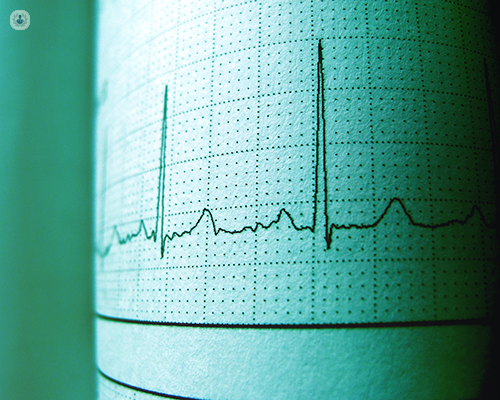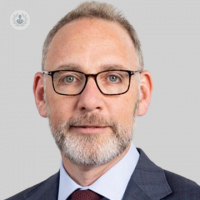FAQs regarding atrial fibrillation
Written in association with:Atrial fibrillation is the latest medical topic up for discussion today. Below, esteemed consultant cardiologist, Dr Oliver Segal, discusses the heart-rhythm-affecting disorder in expert detail.

What is atrial fibrillation, and how does it affect the heart?
Atrial fibrillation is the most common heart rhythm disorder in the world as it mainly occurs due to ageing. It occurs when the electrics in the top chambers in the heart become chaotic. This results in lots of rapid signals being sent to the bottom chambers of the heart, which causes the heart to race.
This causes shortness of breath, palpitations, and a racing heart, and increases the risk of death, stroke, and heart failure. Treating the condition early with a procedure called an atrial fibrillation ablation can greatly reduce these risks.
Can you explain the different types of atrial fibrillation?
There are four main types. The first type is the one we think that all patients start off with, which is called paroxysmal AF, which means it comes intermittently and stops and starts. The next type is persistent AF. Patients may get symptoms all the time, and unfortunately, treatment is less effective when persistent AF is diagnosed.
If AF is left untreated and you have it for more than a year, then it is classified as long-standing persistent AF. The last type is the permanent AF, which is when you have persistent atrial fibrillation, and you and your doctor have both decided that treatments to restore normal rhythm will not be undertaken.
What are the main associated symptoms?
It is commonly associated with rapid, irregular palpitations, breathlessness, and tiredness, particularly when exercising. You may find your fitness levels are reduced. Occasionally, it can cause low blood pressure and chest pain.
Up to one quarter of patients do not experience symptoms, which can be very problematic, as you may not be diagnosed with AF until you have a stroke or something serious.
How common is AF, and who is more likely to develop it?
There are numerous risk factors associated with AF. Age is the main risk factor. Others include structural abnormalities with the heart, high blood pressure, alcohol consumption, thyroid disease (either underactive or overactive), diabetes, and recent chest infections such as pneumonia.
To book a consultation today with Dr Oliver Segal, simply visit his Top Doctors profile.


